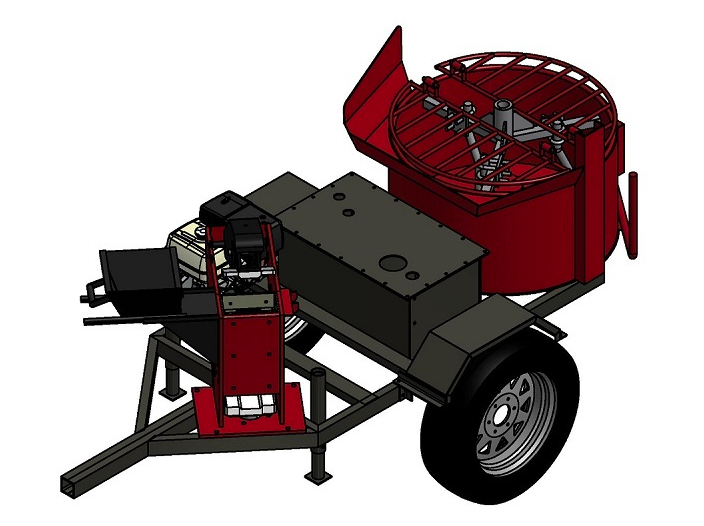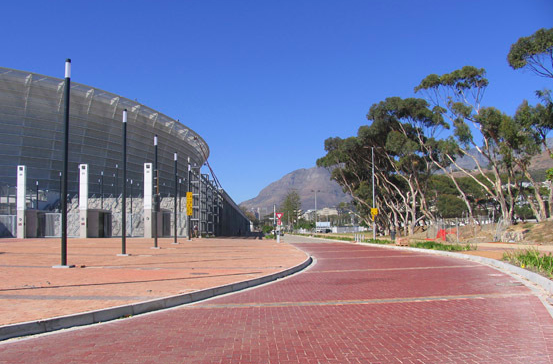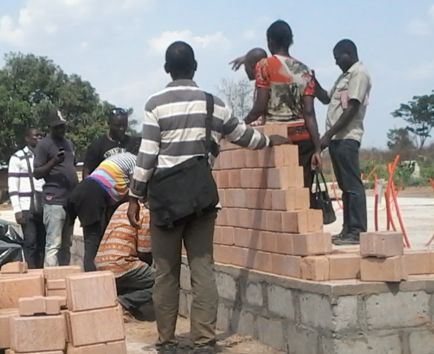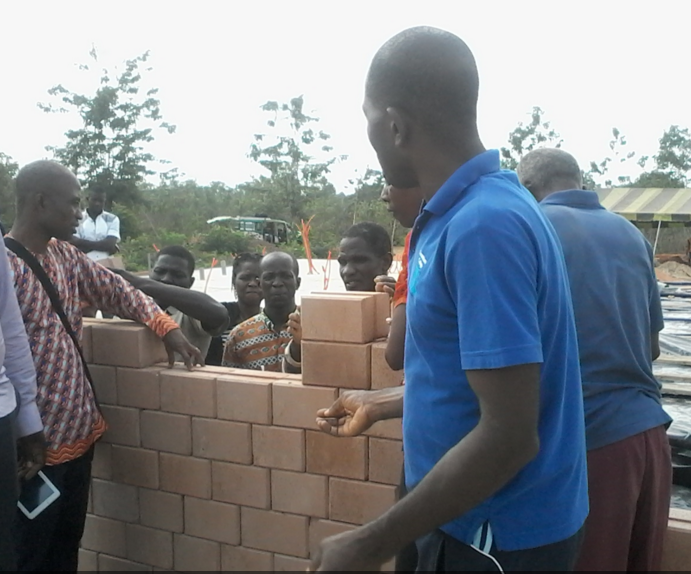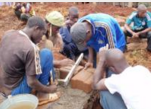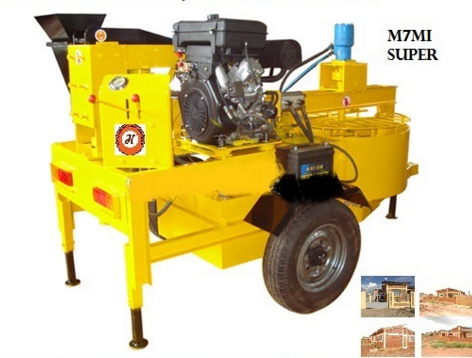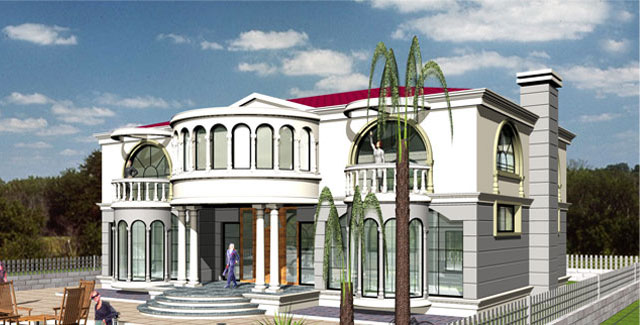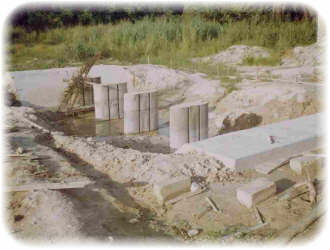Why Register?
- List Your Business
- Business Matchmaking
- WhatsApp Chat
- Personal Messaging
- Showcase Your Products
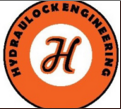
Product Pictures

We are Engineers Manufacturing interlocking machines for property developers using soil-cement technology for building blocks as opposed to conventional sand concrete blocks. We work mainly in Africa but have emerging markets in Eastern Europe and Middle East.
At Hydraulock, we are dedicated towards rebuilding Nigeria block by block with our very innovative Hydraulock Blocks. Hydraulock Blocks are top of the line in the Building Construction industry that gives a unique building system which encompasses excellent thermal properties, higher compact strength, an outstanding speed of construction, environmental friendliness and a substantial cost saving.
Hydralocks building system replaces conventional bricks and mortar through the use of Hydraulocks blocks, which are dry-stacked. The other components of the conventional building system remain unchanged. The blocks are manufactured by hydraulically compressing a soil-cement mixture. Hydraulocks building blocks are in use throughout Nigeria as well as in South Africa, Argentina, India, numerous African countries, Mexico and the United States of America. Use is predominantly in the construction of housing, schools, walls and general single and multi-storey buildings.
Visit our offices in South Africa and we will introduce you to our Machines, Products and Services, and also offer you a grand opportunity of building beautiful housing units and training provided.
Technicalities
A 4MPa block requires a 1:20 ratio of cement to soil. This means that for one bag of 50kg cement (+-33 liters) you will need about 10 wheelbarrows (+-65 liters/wheelbarrow) of soil. This mix yields about 75 blocks. For a 7MPa block the ratio is 1:12 cement t soil. A 50kg cement bag is mixed with 6 wheelbarrows of soil, giving you about 45 blocks.
5% cement = 1bag of cement = +- 75 blocks therefore produce
8% cement = 1 bag of cement = +-45 blocks.
Each 220mm block weighs about 11kg. From a one ton soil mixture you should therefore produce +-90 blocks.
On average 1m3 of soil will give you 105 blocks.
The average water consumption is +-1 liter of water per bock.
The diesel tank can take about 10liters of diesel. You will use about 1.5 liters of diesel per hour. 10 liters of diesel is enough to produce 1300 blocks. You will require +/- 12 liters of diesel per 1500 blocks.
A team of 7 – 8 men can produce +/- 1500 blocks per 8hr shift at full production.
SOIL TEST
Our blocks are produced with a sandy soil with clay and silt content between 10-45%. Silt and clay is the finest fraction of all soils. It is essentially the DUST within the soil. Soils with higher clay content can easily be mixed with sand. The soil often used is a Laterite soil or a Loamy soil. Depending on the soil type a water content of 8-12% is required.
BLOCK PRODUCTION PROCESS
• Find and test the soil to be used
• Move the Hydraulock block making machine to the construction site
• Mix soil and cement in predetermined ratio’s by hand or in the Hydraulock pan mixer




